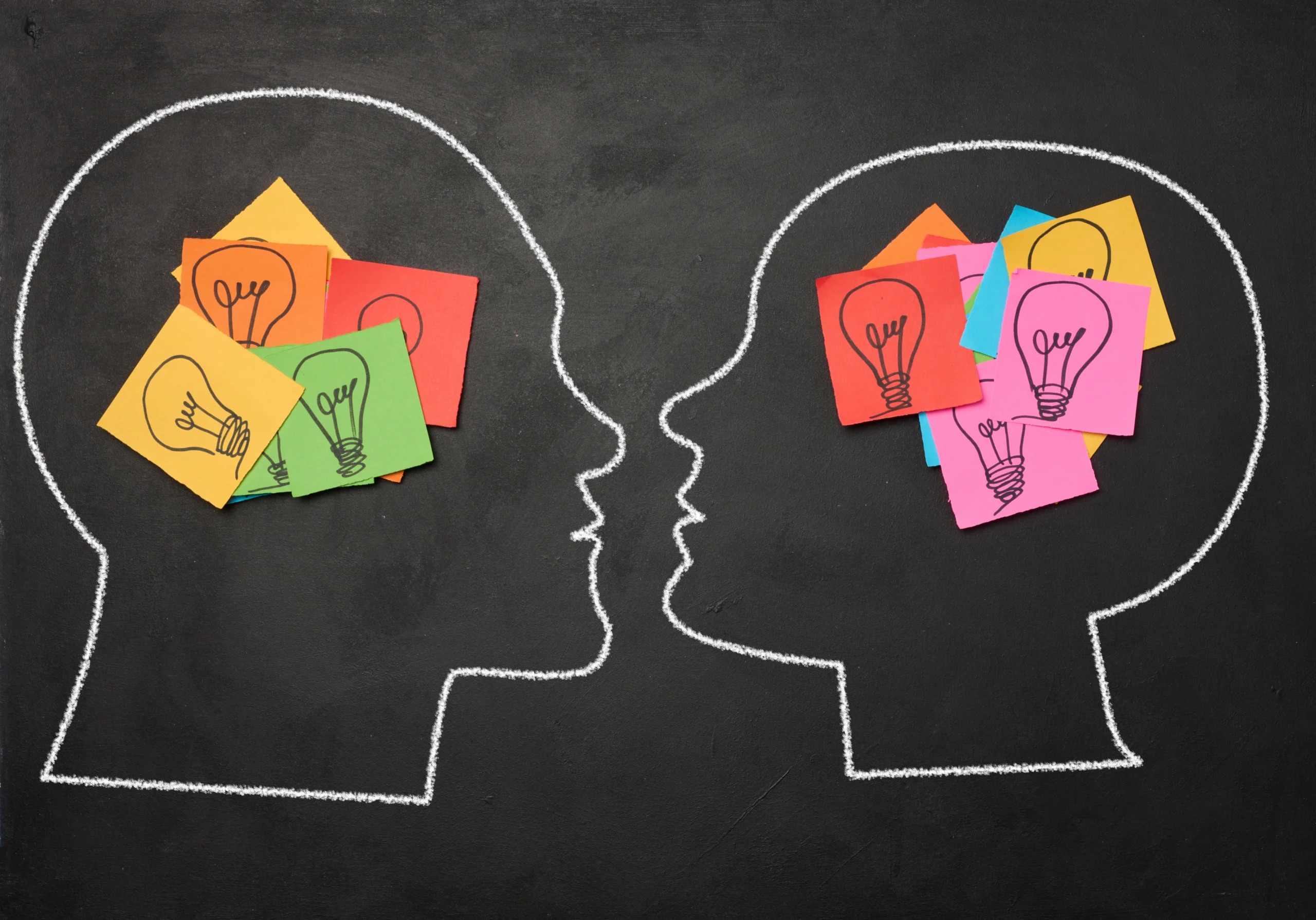As a therapist in Mumbai, I have had the chance to sit with many teens. Some come in with a push back. Others with silence. Some come on their own, but most do not. Yet they all teach me something.
Yes, I am a licensed psychologist in India. But these teens are teachers for me. I learn from the way they talk, pull back, show hurt, or emotional bursts. I have learned so much about life, strength, humanity and being close. More than a book could show me.
This is not just about therapy. It is about how to listen and know this age group that so many people get wrong. Here is what they showed me.
1. Emotional Regulations Are Still Under Construction
A teen’s brain is an amusing thing to see. The amygdala — the brain’s center for processing emotions — is fully developed. But the prefrontal cortex, responsible for reasoning, thinking, decision-making, and self-control, is still maturing and continues to develop well into a person’s mid-20s.

This is why many teens I see have big mood swings, act fast, or just shut down. It is not bad will. It is their bodies. As a person who offers teen therapy, I have seen that what looks like “acting out” is just limited coping mechanisms for intense emotions.
One teen said to me, “I don’t want to be like this.” I just don’t know how to stop.” That moment stuck with me.
We work to name feelings, find ways to be calm, and make plans to cope. I call it a first-aid kit for feelings. This is a big deal for teens who have anxiety, depression, or trauma signs like chronic post-traumatic stress disorder symptoms.
2. Teens Need Curiosity, not Control
When adults try to control teens, it makes things worse. They say, “Why are you like this?” or “Stop that!” or “Don’t give me attitude!” This just makes teens push back. But if we want to know more, we can ask, “Why are you so quiet?” or “Are you really okay?” Then the walls come down.
In family therapy in Mumbai, I help parents make these small changes. Control makes them do what you say. But wanting to know more makes you close. A 2022 study found that 71% of teens in India wished their parents would “listen more and advise less.” That is a big message for us.
One of my clients, a 16-year-old, did not talk much at first. Then he said, “I just needed a person who would not go mad when I told the truth.” I then knew: Teens want you to see them, not fix them.
As a psychologist in India, my job is to know them, not make them act in a new way. This has helped me get close to teens in individual therapy, group therapy sessions in Mumbai, and with online psychologist consultation in India.
3. ONE TRUSTED ADULT CAN CHANGE EVERYTHING
Behind the hard words, mood swings, and social media posts, most teens look for one thing: to be safe. To feel safe. A place where they can stop acting and just be. Therapy can be that place.
I have seen shy teens talk more. I have seen teens with worry learn to breathe, and angry teens get soft. All because they were heard.
As an experienced marriage and family therapist in Mumbai, I help a family be that “one adult” for their teenager. We work on fixing things, not blaming others. We feel for them, not just tell them what to do. We are patient, not strong.
One of the best things a parent can say is: “I did not get it then, but I want to learn now.” These words have caused more hurt in homes than any long talk. This is where child counselling and relationship counselling in India meet. When we help a teen, we help the whole family.
Bonus Insight: Teens Are Deeply Empathetic—They Just Hide It
Do not let the eye-rolls trick you. Teens care about the world. We do not always see how much. They worry about their friends. They worry about the world, how they look, what friends think, and their parents’ hard times. They carry a lot of feelings we cannot see.
In our time, they will ask, “Is it okay I feel so much?” or “Is something wrong with me?” I always say: No, there is something right with you. Therapy is a place to turn that care into strength. With help from cognitive behavioural therapy, working on feelings, and being in the now, I have seen teens grow. They were not “fixed.” They just felt safe to find out who they were.
Real-Time Data: Why Teen Mental Health Matters More Than Ever
- From WHO (2024), 1 in 7 adolescents in India has a known mental health problem.
- The use of online depression and anxiety tests in India has increased by 48% for teens since 2022.
- Less than 30% of teens in India can get steady mental health help. This is where therapy helps. I offer both online psychologist consultation in India and face-to-face talks. I have seen how just a few weeks of teen therapy can make a change that lasts. This is not just for the teens, but for the whole family.
Conclusion: Every Teen Is Just Trying to Figure It Out
If there is one true thing I have learned from teens, it is this: they are not trying to give you a hard time. They are having a hard time.
When we stop and listen, we see what is really there. Behind each bad mood is a young person trying to find his way. The world is new to them, and their map is not yet full.
As a therapist in Mumbai, my goal is to help them make that map. One talk, one story, one “Are you okay?” at a time.
So the next time a teen makes you upset, I hope you will think of this: they are not done growing yet.




